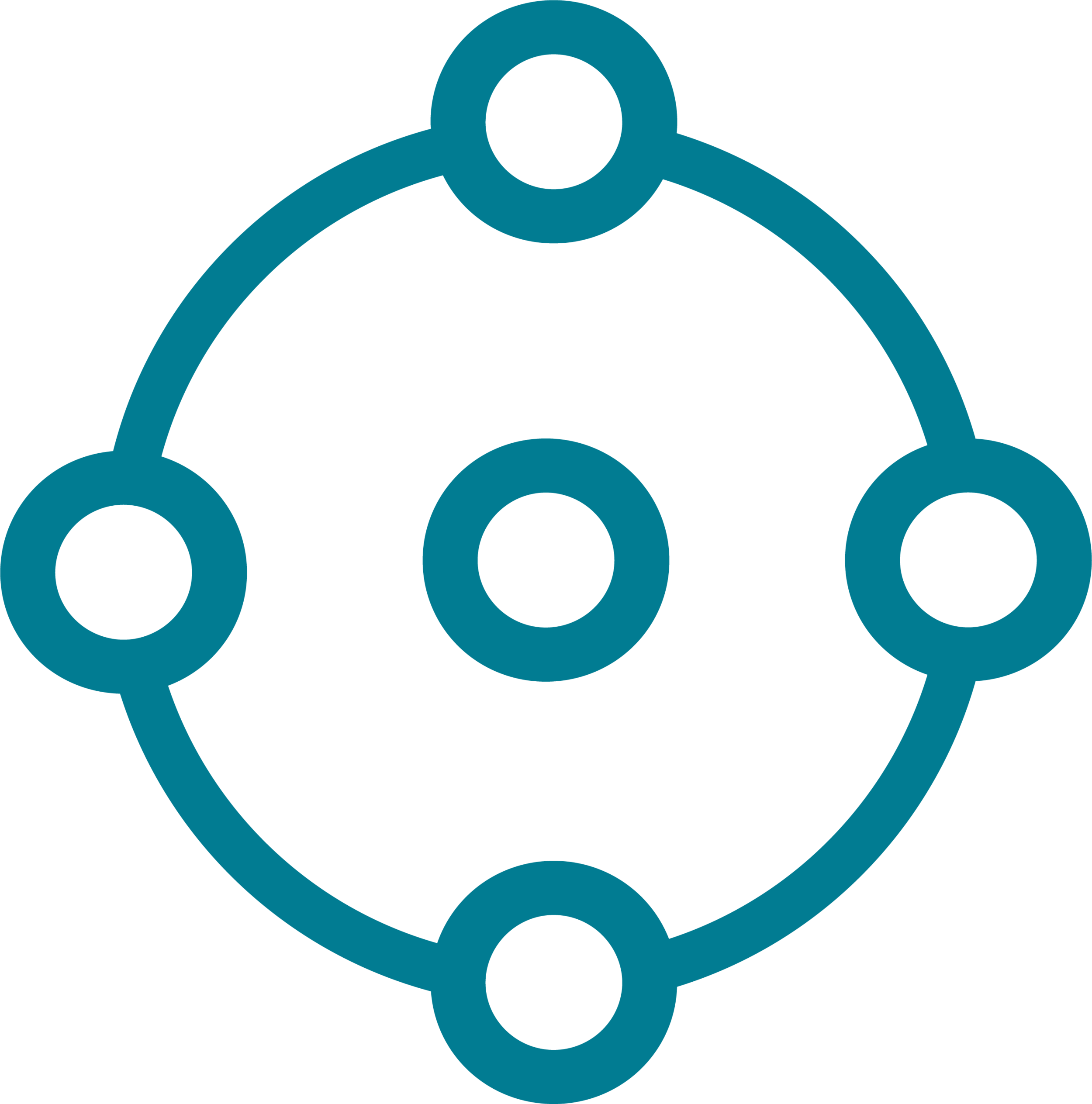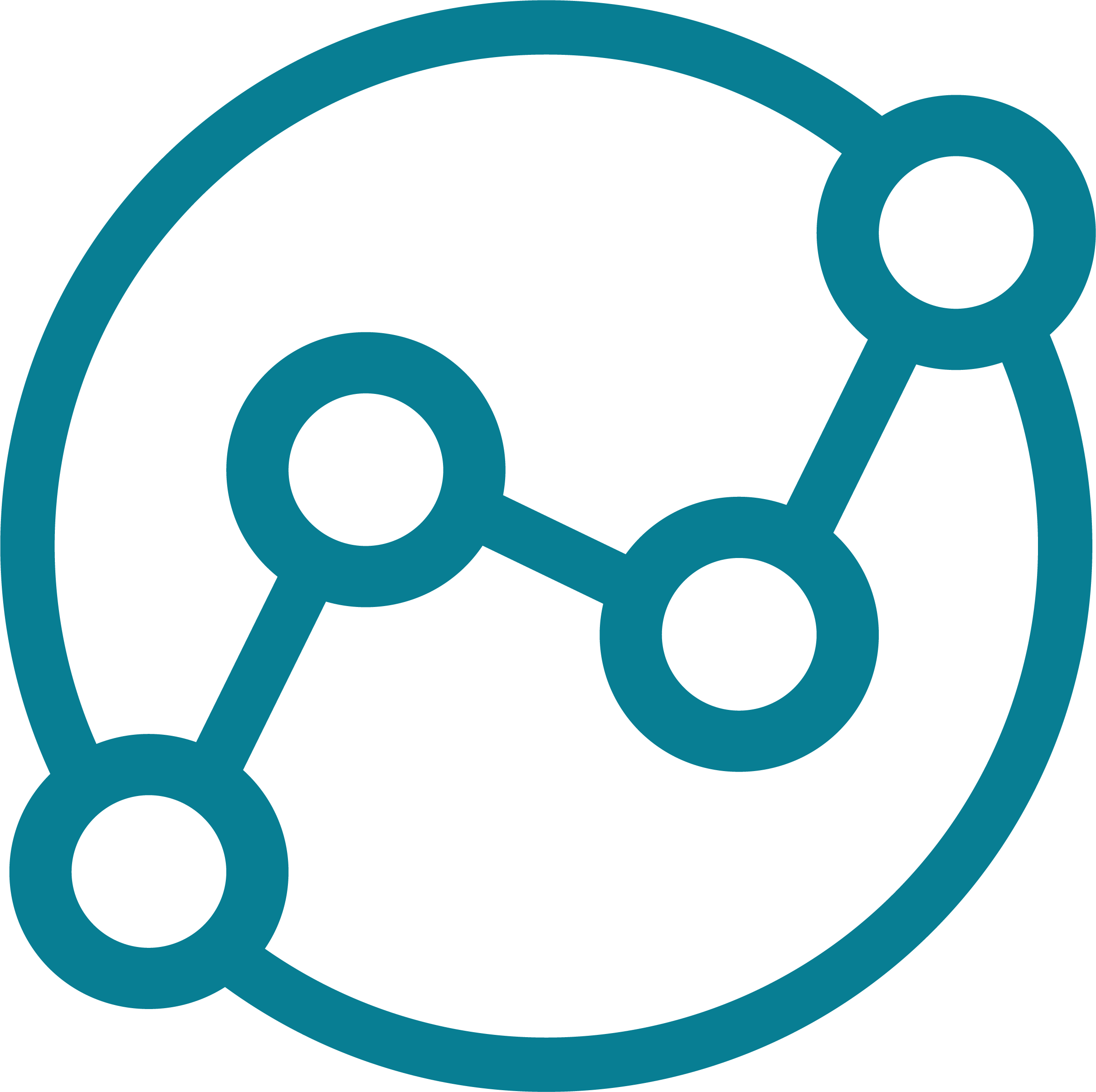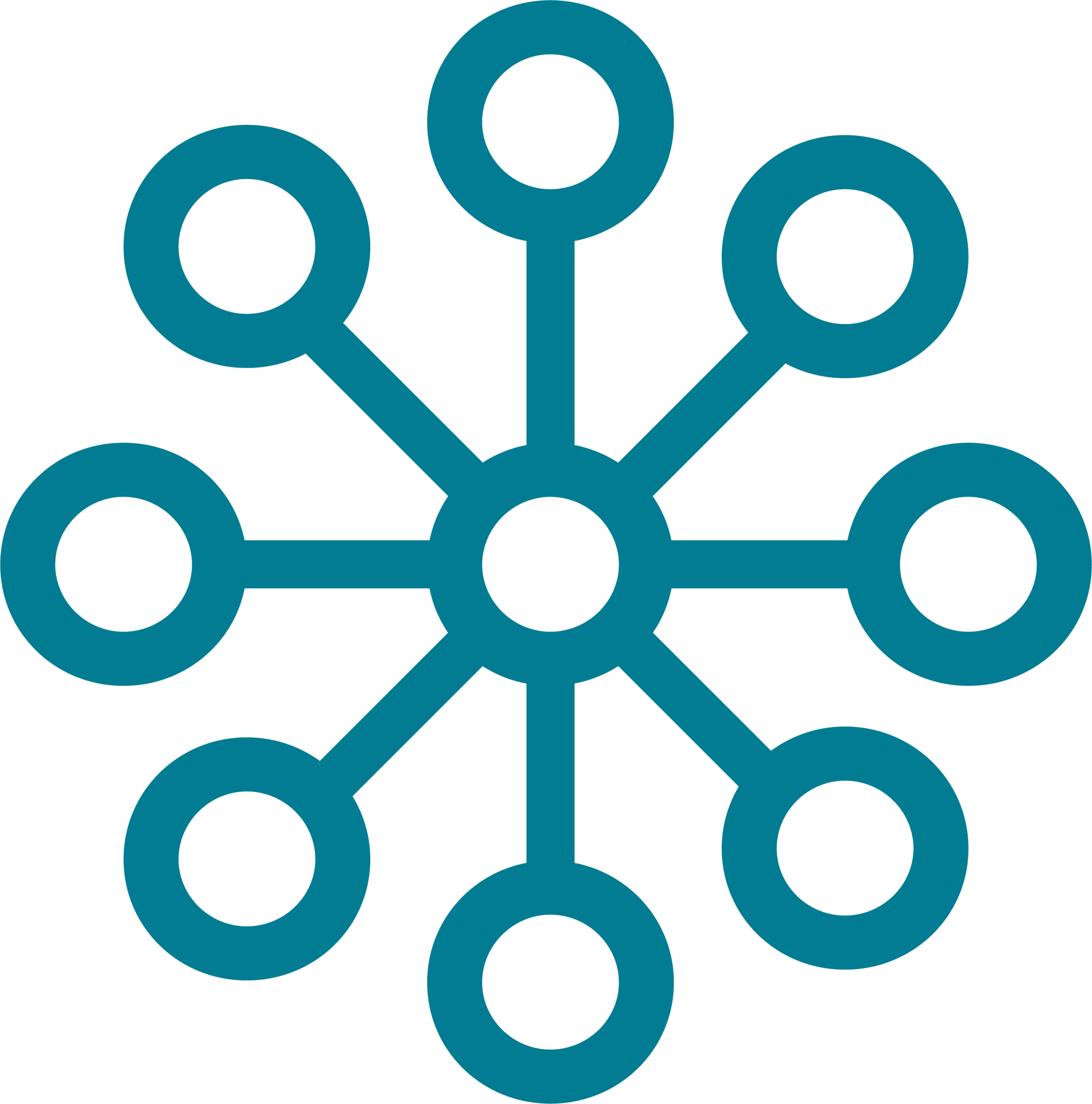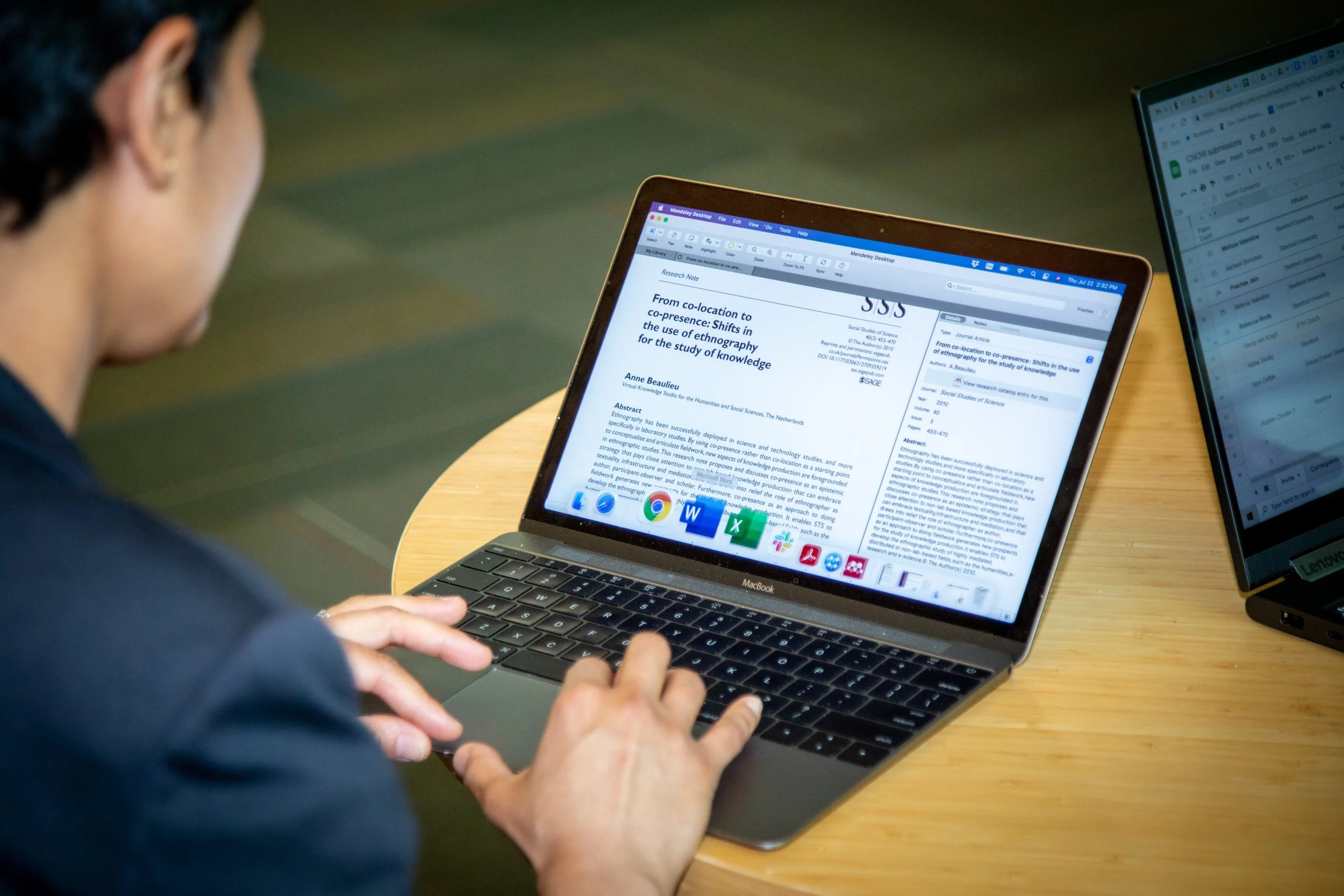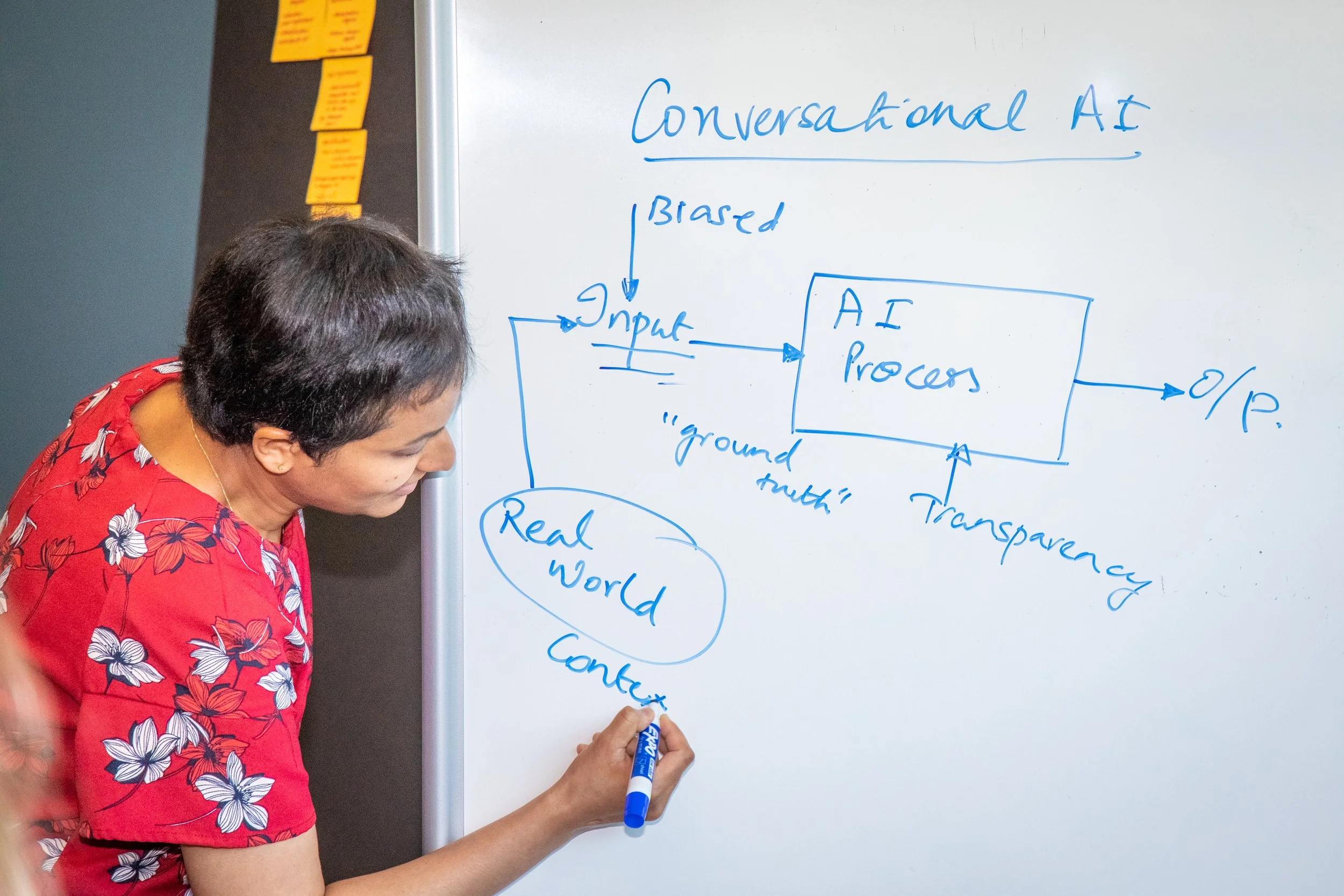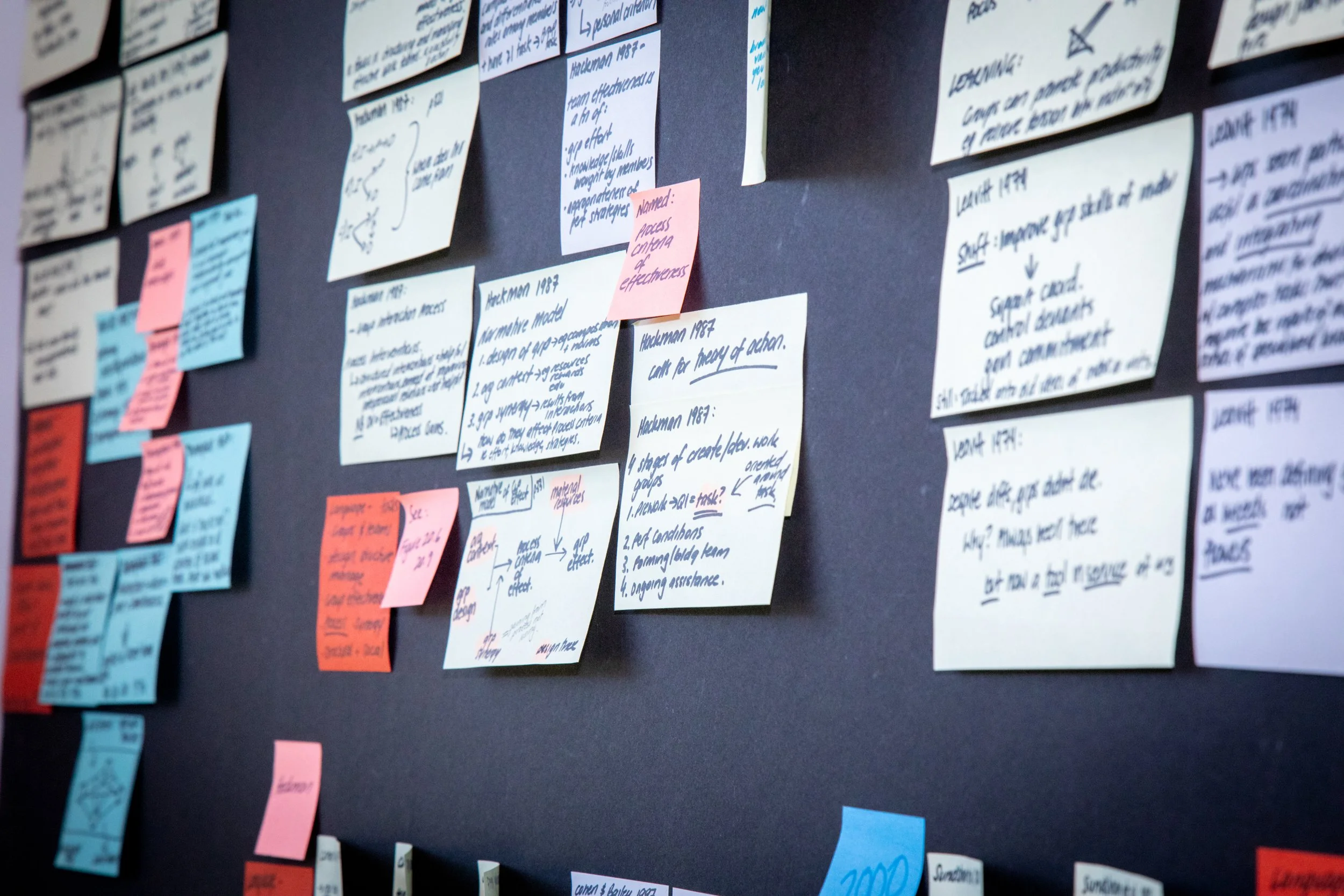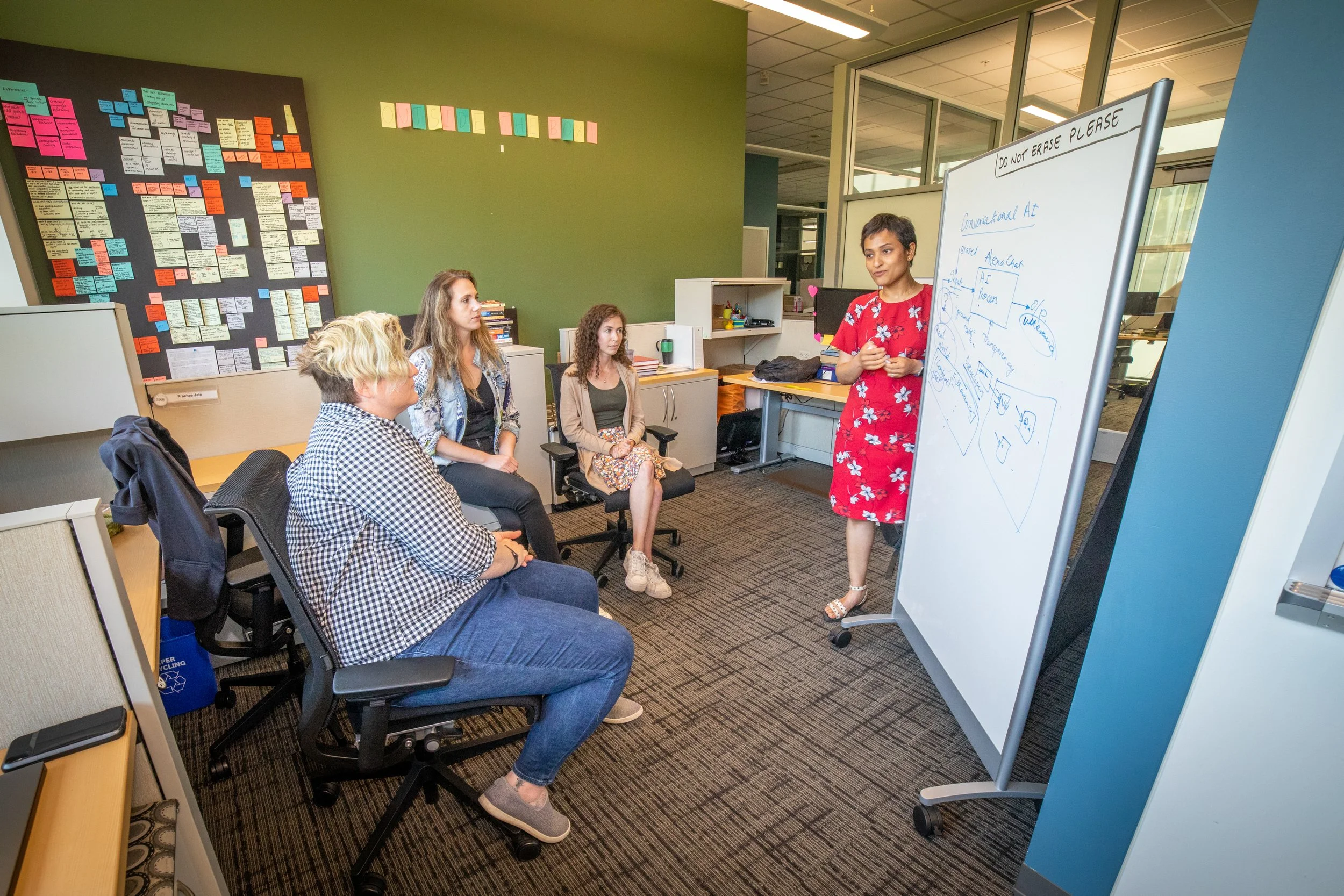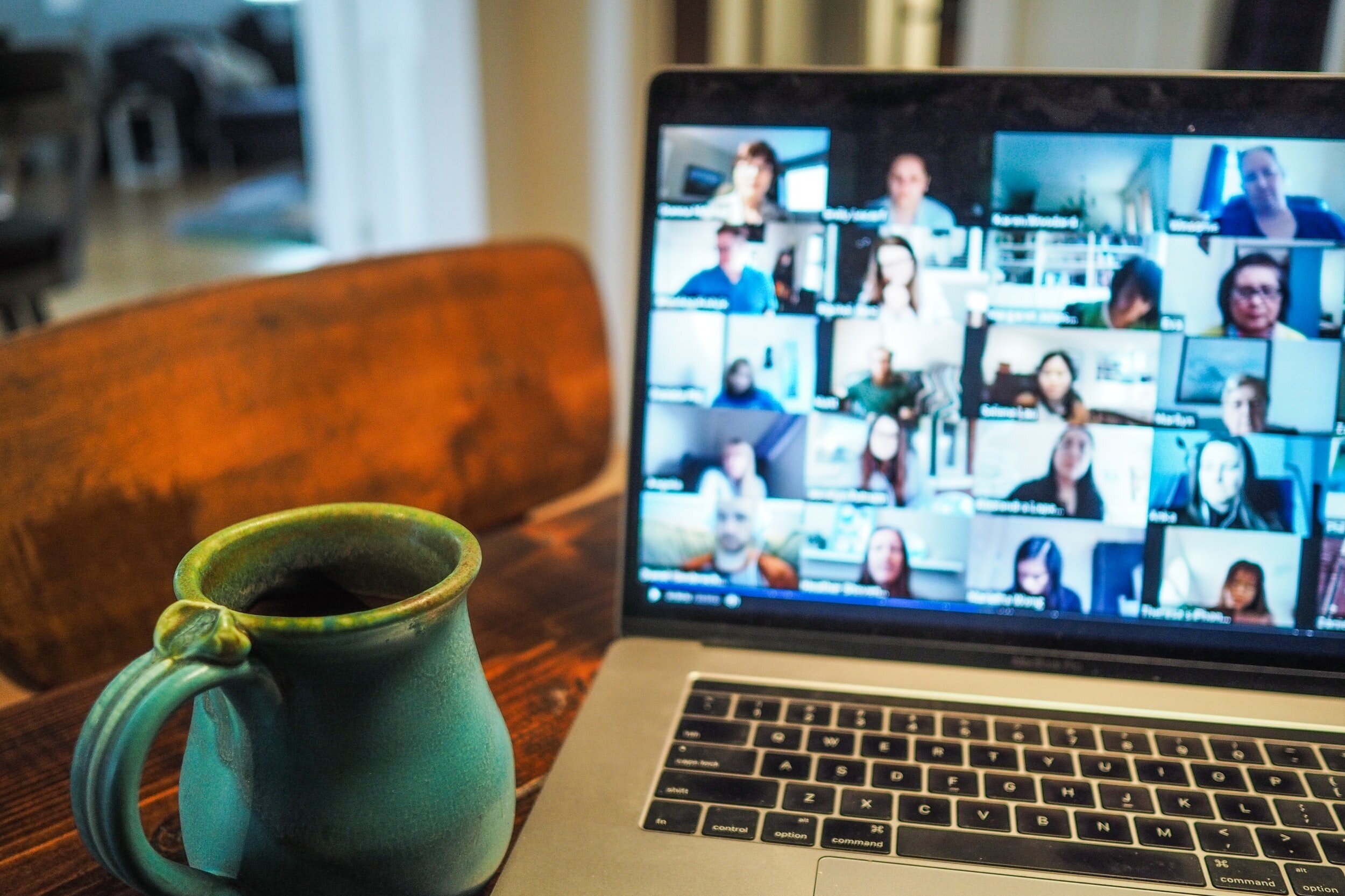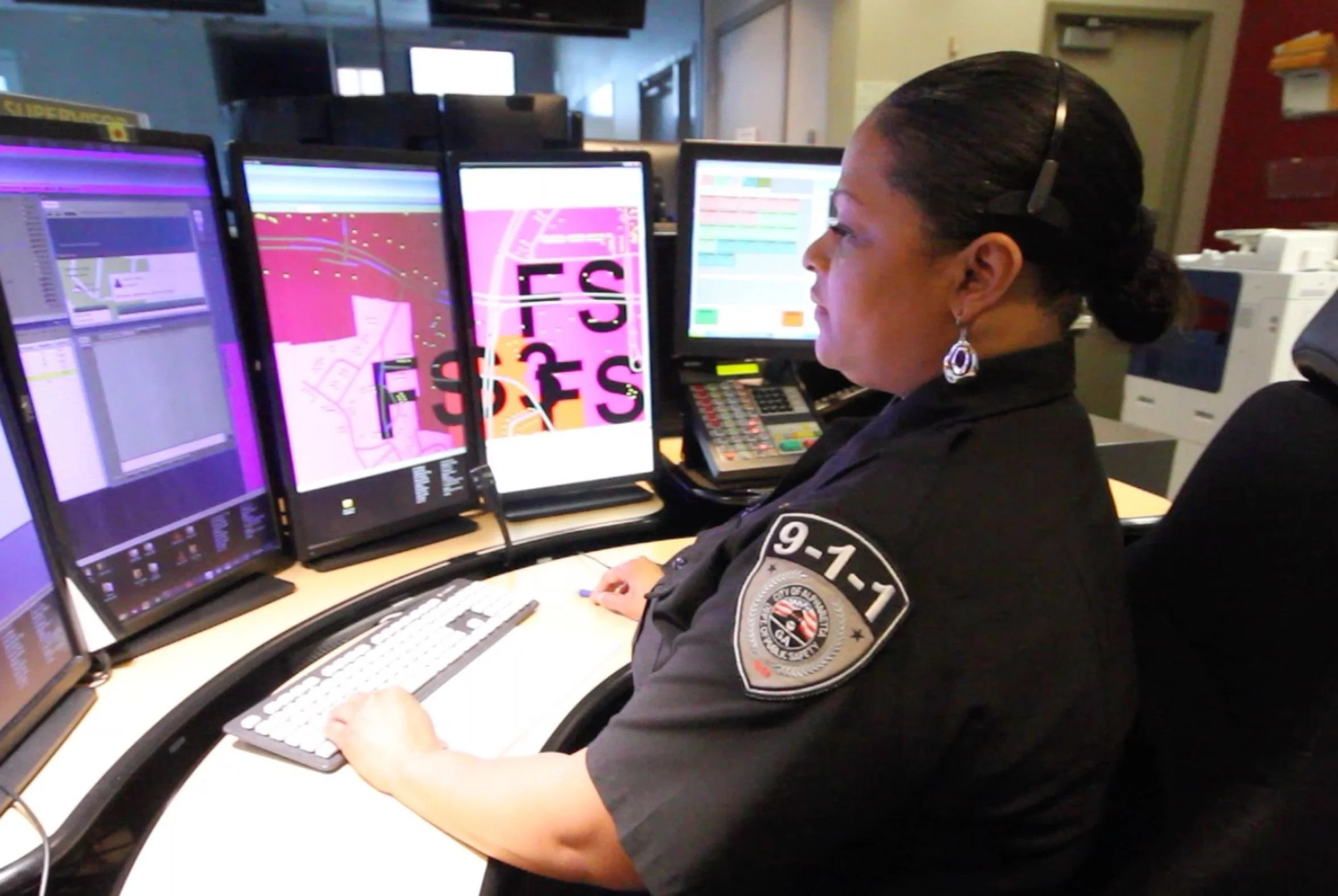Examining work and organizations in the digital age
As societies develop and adopt new technologies, they fundamentally change how work is organized. Our research group explores the changing nature of work in light of technologies, such as crowdsourcing platforms, data analytics, robotics, and 3D printing, as well as recent changes in remote work.
Our method is field research, emphasizing direct observation of phenomena of interest, which can include ethnography, field experiments, inductive theory building case studies, archival data analysis, and more. Learn more about our research below.


